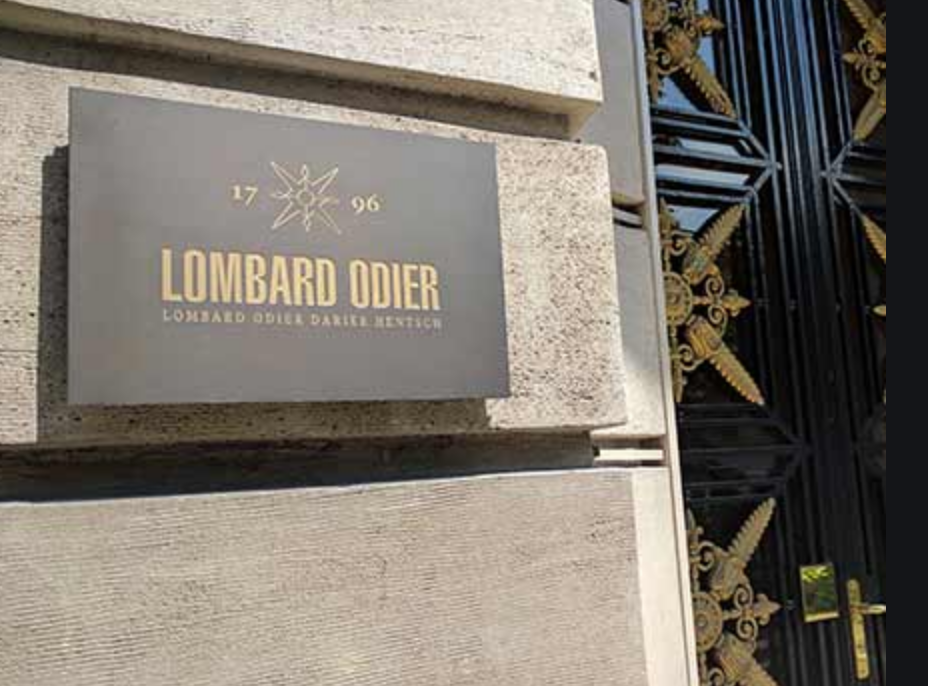Investment Strategies
Lombard Odier Prefers UK Over Eurozone Equities In 2024

Swiss private bank Lombard Odier shares its insights on the outlook for 2024 and asset allocation.
Edmund Ng, senior equity strategist at Lombard Odier, favours UK equities in 2024, keeping a tactical overweight position in them at the expense of eurozone markets.
“We find the sector composition and business models of the UK market attractive, and suspect that earnings could surprise on the upside in the months ahead,” Ng said in a note. For example, energy and mining companies account for a fifth of the market capitalisation; consequently Ng believes that in the energy transition era, demand should remain resilient for energy and strong for metals. “More importantly, supply is constrained due to scarcer funding as the monetary tightening cycle bites and environmental concerns grow – creating a likely higher-for-longer price environment, and providing a tailwind for these sectors’ earnings,” Ng continued.
From a macroeconomic perspective, Ng expects the pound to weaken in the coming months as the Bank of England initiates its easing cycle, supporting the UK equity market, which generates over 70 per cent of its revenues from overseas. There are also potential policy catalysts – such as government-led efforts to reorganise the country’s pension industry to encourage equity investment, or the British individual savings account that uses tax incentives to encourage investment in UK assets. “Lastly, the UK market trades at a lower multiple than its US counterpart,” Ng added.
Other wealth managers also favour UK equities, seeing it as an undervalued market. Alec Cutler at Orbis Investments is heavily overweight in the UK market, preferring UK mid-small caps. Graham Ashby, UK all cap fund manager at investment manager Schroders, also believes now could be a good time for investors to increase their exposure to UK shares. See more commentary here.
Eurozone least preferred region
Elections in France have led to a hung parliament. They leave the
country facing a period of political bargaining, with left and
centre parties searchinf for an acceptable prime minister
and a minimal legislative agenda.
Notwithstanding the lower political uncertainty, Ng suggests that investors remain underweight in eurozone equities, despite recent sharp underperformance, as he is concerned by this market’s earnings' outlook. The banking and automotive sectors, with their outsized contribution to index earnings per share (EPS), hold the key here. Ng expects banks’ EPS to grow at a much slower pace in the years ahead than in 2023 as the European Central Bank’s (ECB) interest rate hiking cycle has ended. Automakers are likely to remain in a tough spot as demand and pricing are weakening cyclically – especially for battery electric vehicles, and as competition from China and tariff uncertainties are rising.
Lombard Odier believes that equity markets are likely to rise gradually in the coming months, but volatility could increase. It prefers cyclical over defensive stocks, specifically communication services, consumer discretionary, materials and energy. Healthcare remains the firm’s least liked defensive sector. It is also keeping portfolio positions well balanced between equities and bonds.
Fixed income
The disinflation trend should allow central banks to continue or
to start cutting rates. The firm is neutral on government bonds,
and Dr Luca Bindelli, head of investment strategy, and Sami
Pepin, fixed income strategist at Lombard Odier, prefer five to
seven-year German Bunds over comparable US Treasuries, preferably
hedged in the portfolio reference currency. They believe that the
ECB is likely to proceed with comparatively larger cumulative
rate cuts over the next 12 months, allowing for more price gains
to be extracted from Bunds than from Treasuries. Also, they
believe that Bunds should benefit from the heightened
geopolitical uncertainty and the resulting need for portfolio
diversification.
In credit, they believe that select European credit offers an interesting yield pick-up versus US credit, currency-hedged. In emerging markets, they prefer corporate bonds with their better fundamentals and yields over sovereign bonds.
Currencies and commodities
Lombard Odier believes that the US dollar could gain ground in
the coming months against the euro and sterling. Gold prices
should also move higher long term, although near-term price
movements could be more mixed. The firm’s constructive view on
gold is premised on expected US Federal Reserve rate cuts from
September, resilient physical central bank demand, and investor
hedging demand amid various geopolitical uncertainties.
Private assets can also strengthen portfolios for investors, the firm said, providing exposure to innovative and fast-growing companies that are increasingly staying in private hands.